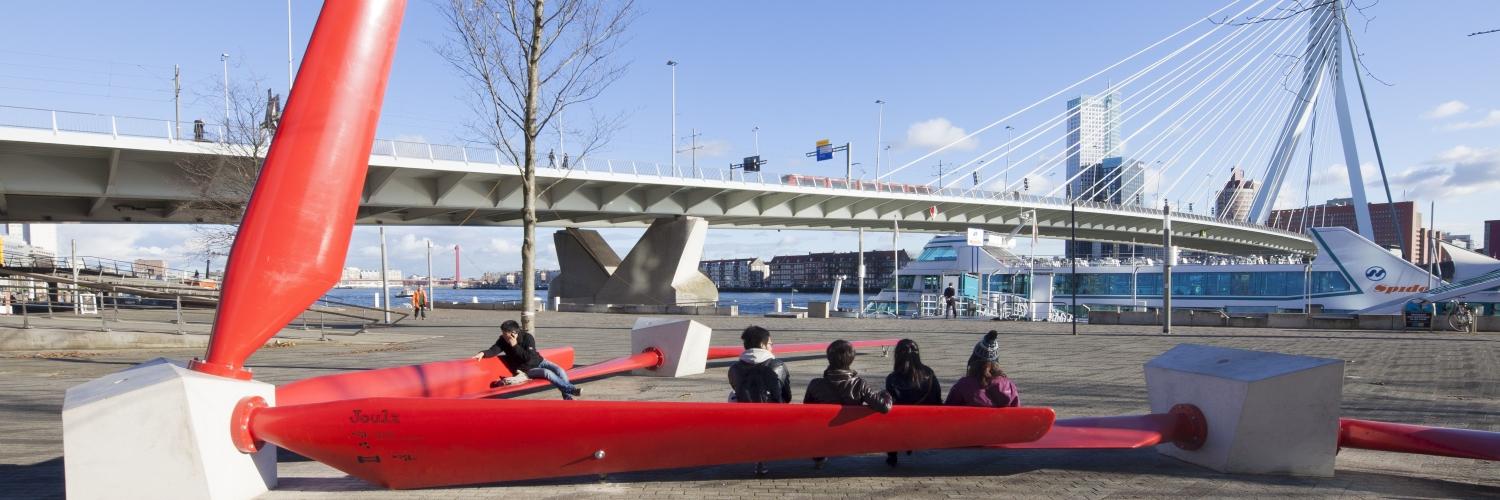
News
10 September 2019
Abandon tax on waste imports
PwC report: tax will not reduce Dutch carbon emissions and may have negative effects abroad
A tax on the import of foreign waste will not materially reduce CO₂ emissions in the Netherlands, but will significantly affect the financial position of companies in the waste and recycling sector. Moreover, the tax may lead to higher carbon emissions abroad. These are the conclusions of a study for the Dutch Waste Management Association (DWMA) by Strategy&, part of PricewaterhouseCoopers, who analysed all the effects of the proposed measures. 'This study supports our assertion that taxing waste imports will be counterproductive. Instead of reducing carbon emissions, it will have an adverse impact on the waste sector's transition to a sustainable and circular economy,' says Robbert Loos, director of DWMA. 'Given the conclusions of the report, the government should reconsider its position.'
On 28 June the Dutch government presented a package of measures in response to the ruling on the Urgenda court case against the government for not taking sufficient climate measures. The court's ruling orders the Dutch government to make a 9 megatonne reduction in carbon emissions by the end of 2020. The government's proposals include an import tax on foreign waste, which came as a total surprise to the sector. 'According to the Ministry of Infrastructure and Water Management, the tax will generate a 0.2 megatonne saving, but this is too optimistic,' says Loos. 'Moreover, the sudden announcement was not well received in the waste and recycling market and has dented the trust needed for further sustainability investments.'
The main conclusions of the Strategy&/PwC report are:
- the import tax will not reduce CO₂ emissions in the Netherlands;
- the import tax will have an adverse effect on the profitability of waste-to-energy (WtE) facilities and on investments in sustainability and recycling;
- the import tax may have negative environmental effects outside the Netherlands resulting from the landfilling of waste.
Import tax will not reduce carbon emissions in the Netherlands
The loss of imported waste will reduce the production of sustainable electricity and heat by WtE facilities and this will have to be made good from fossil sources, such as gas- and coals-fired power stations. The net reduction in carbon emissions without the foreign waste will be no more than 0.03 megatonnes. Moreover, reducing the volume of imported waste treated in Dutch WtE plants also means reducing the renewable energy share of total Dutch energy generation. This stands at 7.4%, while the EU target is 14% in 2020. In 2018, the Dutch WtE plants produced 10.8% of the nation's renewable energy. The loss of all waste imports would lead to a fall in the proportion of renewable energy of 0.2 percentage points.
Import tax will undermine the profitability of the WtE plants and investments in sustainability and recycling
The import tax will not only be bad for the climate, but will have major financial consequences for the waste and recycling sector. Zero waste imports would mean a cut in turnover of the Dutch WtE plants of about 162 million euros, reducing profitability by a quarter and jeopardising investments in expanding heat supply networks, CO₂ reuse, and waste separation and sorting. Discarders will have less incentive to separate waste and recycling will become less competitive than incineration.
Robbert Loos (Director DWMA):
"This study supports our assertion that taxing waste imports will be counterproductive."
Import tax may have negative environmental effects outside the Netherlands resulting from landfilling
The import tax will lead to higher carbon emissions outside the Netherlands. It will make landfilling in the exporting countries cheaper than incineration with energy recovery in the Netherlands. Landfill is at the bottom of the European Commission's waste hierarchy because it emits more greenhouse gases than incineration, even taking account of the transport to the Netherlands. In his letter to the Dutch House of Representatives, economic affairs minister Eric Wiebers said the package of proposed measures must not lead to carbon emissions outside the Netherlands. 'This measure, which was designed to comply with the Urgenda ruling, is therefore diametrically opposed to the government's own position,' argues Loos.
Translation
Derek Middleton
